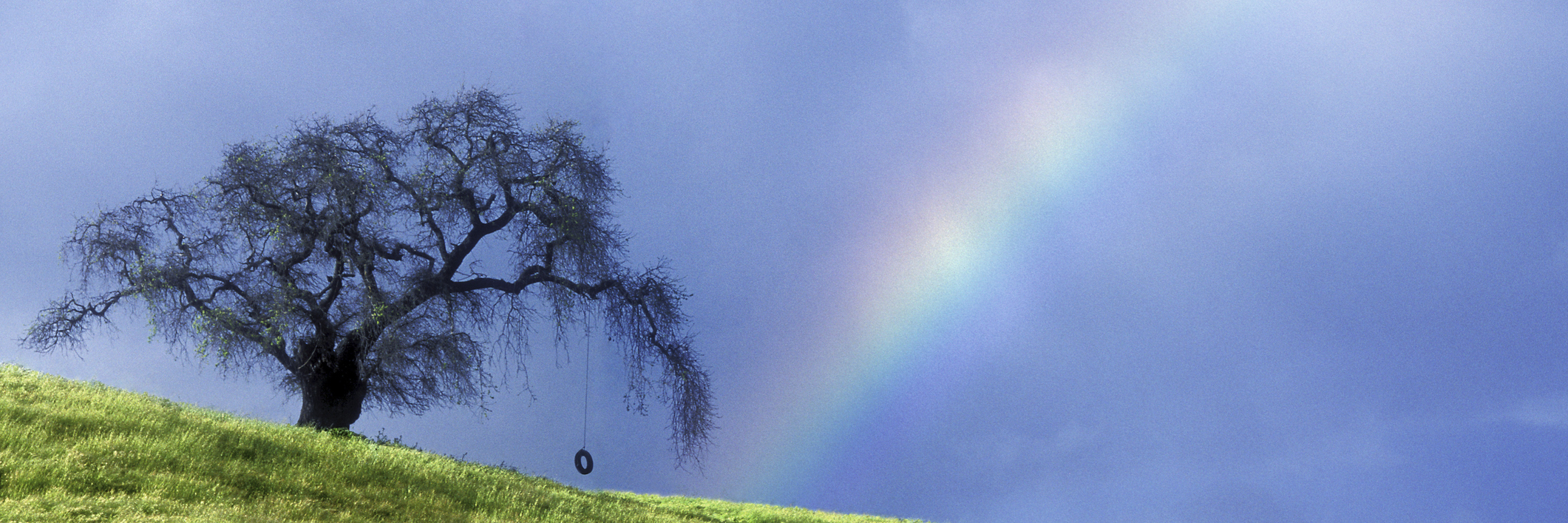I am asexual, which for me means that I do not view people in a sexual way, or think about sex. I’m also gray romantic, meaning that I lack romantic attraction to a certain extent. I could also be called bi or panromantic, because I could see myself in a semi-romantic relationship with someone of any gender. I’m overall more attracted to feminine-presenting people, but can be attracted to masculine-presenting people based on their personality. Some may call me a special snowflake for requiring an entire paragraph to explain my sexual orientation, but I like to think I’m simply acknowledging the complexities of my existence. Complexities I refused to deal with for years.
I had already had the label of autism attached to me in early childhood. Society doesn’t give disabled people permission to be anything other than straight. I spent the ages of 10 to 16 concealing my feelings for girls, and magnifying my feelings for boys in front of the world. I was 8 when I found out what being gay is, and wanting to have relationships with people of the same gender made sense to me. I told myself that I wasn’t old enough to feel that way about people, brushing aside the fluttering I got in my chest when I saw women and girls my mind decided were attractive. I was a “late bloomer” anyway, not having had intense feelings for someone of any gender beyond finding them physically attractive; I told myself that my life would sort out eventually. I’d meet a boy I liked and that would be that. It all had to be part of my autism and needing extra help.
As I hit puberty, I didn’t get the promised thoughts about sex. I thought it was something teenagers did to be cool, and not for pleasure. In middle school, I was bullied for my social awkwardness and lack of interest in boys. The popular girls bombarded me with questions of who I liked, and if I had ever liked anyone. A couple times, one of them even asked me to come to a party where there would be boys. I don’t want to think about the likelihood that they were actually trying to humiliate and overwhelm me. In ninth grade, I was playing a game with someone I was briefly friends with that involved listing off four boys I was remotely interested in. I was embarrassed by how long that part of the game took.
Along came 10th grade, when social justice work entered my radar. Such development brought me the knowledge of different sexual orientations. I attended an overnight camp run by the local chapter of a human relations organization in, in which a lot of the teenagers identified as LGBTQA+, and were proud to do so. Now that I can get past all the talk about sex that went on in the cabins at night, I can appreciate the benefits being in an intimate space with other people of such identities. But during the camp’s workshop on heterosexism, I silently repeated to myself that I was straight. The idea of loving other women or life without what society deems as true love fueled my anxiety.
That summer, I was on a long car ride to Nova Scotia with my family. We stayed overnight in St. John, the halfway point. But I was kept up with tormenting thoughts about who I am attracted to and how. As I ate my breakfast of eggs, fruit, and a muffin in hotel lobby, I tried to distract myself from the thoughts by looking at the view of some apartments outside. After we got in the car, it hit me. The anxiety of denial was stronger than the anxiety of accepting myself for who I was. I am someone with a marginalized sexual orientation as well as disabled. I’m both. That day in Atlantic Canada, I embraced the notion that a life not straight can be a beautiful, happy life. Even with autism in the mix.
We want to hear your story. Become a Mighty contributor here.
Thinkstock photo by Purestock.

